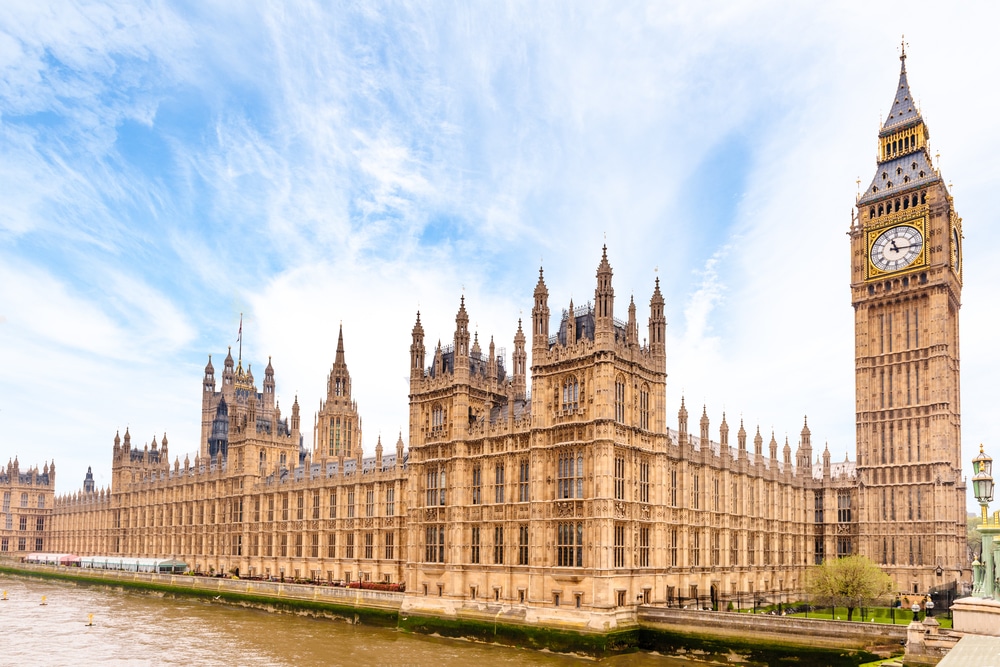
With the recent murder of Sir David Amess MP, the safety and security of members of parliament has become an even greater concern.
Amess was horrifically stabbed to death as he was meeting his constituents from his Southend West constituency at Belfairs Methodist Church in Leigh-on-Sea, Essex. Ali Harbi Ali, a 25-year-old man from Kentish Town, North London has been charged under the Terrorism Act. As a result of this, Home Secretary, Priti Patel raised the threat level for MPs from Moderate to Substantial.
Sadly, this isn’t the first time a member of parliament has been murdered, as former Labour MP Jo Cox was killed in 2016 after being shot and stabbed multiple times in West Yorkshire. She was killed by a man with far-right ideologies just days before the EU referendum took place. This was the first killing of an MP in 25 years.
Philip Ingram MBE, former Senior British Military Intelligence Officer spoke exclusively with Security Journal UK on the atrocity and the disturbing numbers relating to knife crime in the UK: “Putting this shocking act into context reveals an even more worrying statistic. If we take away the labels MP and Terrorism, in the year ending March 2021, there were around 41,000 offences involving a knife or sharp instrument in England and Wales of which 224 were homicides. In context the murder of Sir David is a small statistic but part of a large and worrying trend, even recognising that those numbers were smaller than the year before.”
The Police have declared the attack a terrorist incident after the investigation revealed there was a possible motive linked to Islamist extremism, according to Metropolitan Police’s Counter Terrorism Command.
Ingram continued: “However, as the investigation began into Sir David’s murder it became apparent that the man arrested on suspicion of murdering David Amess had considered killing other MPs and had been planning some form of act for almost 2 years. It seems Sir David was not specifically targeted but picked at random as part of a plot to kill any national politician and it is probably because of this that the threat level was raised.”
The charges against Ali allege he murdered Sir David, 69, and prepared acts of terrorism between May 2019 and September this year. As part of this, he was accused of visiting the house of an MP several times this year as reconnaissance for a potential attack.
Despite this, Ali was placed onto the terror prevention scheme called ’Prevent’ as a teenager, however, he was never identified as a ‘subject of interest’ to MI5 and was never placed on the channel for people deemed most at risk of radicalisation. This has called into question the effectiveness of the programme.
In 2018, the Behavioural Insights Team (BIT) — headed by Professor David Halpern, a former chief analyst at No 10, conducted a study into the effectiveness of deradicalisation programmes such as ‘Prevent’.
The study concluded that a culture of ‘political correctness’ had prevented the programme from doing the job it was created to do. Rather worryingly, more than 95% of the 33 projects aimed at vulnerable people in schools, youth centres and sports clubs (most were believed to be funded by or fell under the label of Prevent) were ineffective. This could be due to the BIT concluding that facilitators who were uncomfortable dealing with sensitive topics, such as race and religion, were often reluctant to engage if they were brought up.
It is clear that more needs to be done to combat terror threats and terror prevention, but in the meantime “MPs can seek help from Counter Terror Police UK and local police as well as private security providers, but they will always have to maintain the ability to stay in contact with their constituents,” concluded Ingram.